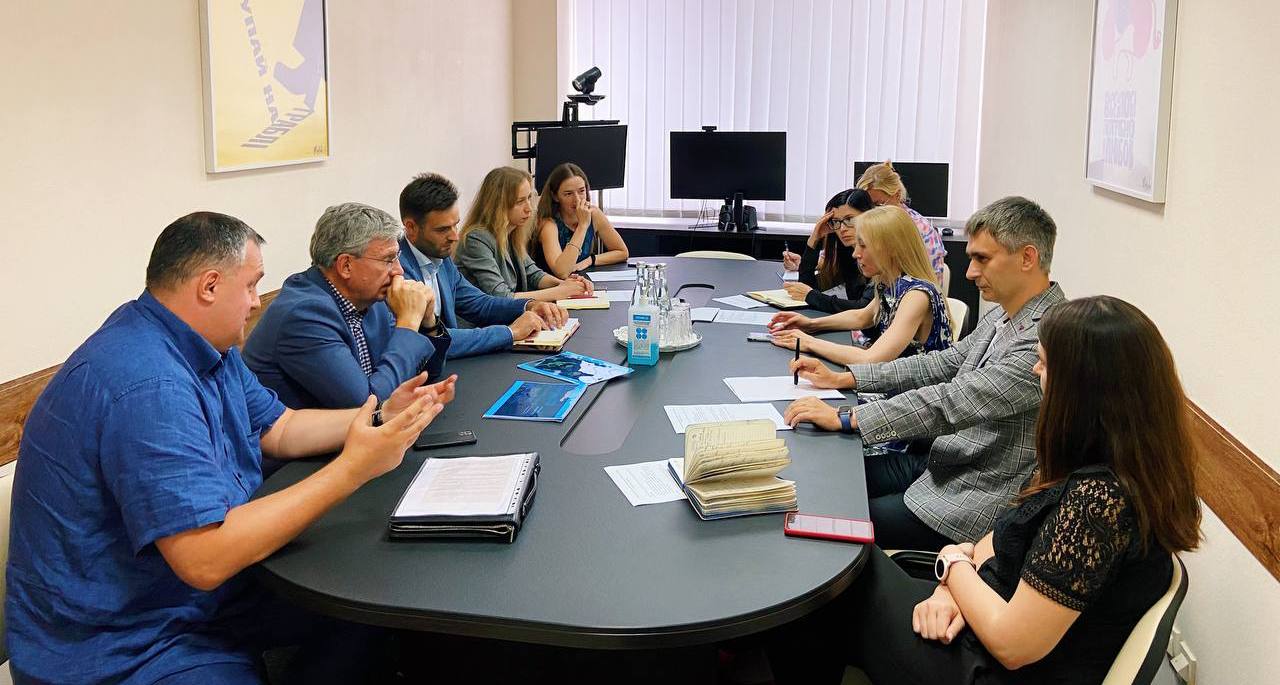The AMCU has discussed with the member-companies of the European Business Association the problems of the fuel retail market
For several years in a row, the share of illegal business in the fuel retail market in Ukraine is constantly growing. So, companies that operate in accordance with the law and are fairly paying all taxes and fees, complying with all regulatory requirements might become the subject to significant pressure from unfair competitors. This was discussed at the meeting of the AMCU management and representatives of member-companies of the European Business Association.

During the discussion, company representatives said that according to their data, in 2020 the share of the illegal gasoline market in Ukraine was 25 %, diesel fuel - 19 %, and gas - 34 %.
According to entrepreneurs, since almost half of the cost of fuel consists of different taxes, the budget losses from the activities of dishonest market participants might reach up to about 20 billion UAH annually (≈ EUR 656,5 million).
Chair of the Antimonopoly Committee Olha Pishchanska said during the discussion that the success of the fight against violators in the retail market of fuel directly depends on the coordinated work of many ministries and authorities. Thus, in particular, the quality of fuel is the subject to control by the State Environmental Inspection, the State Tax Service supervises the payment of taxes. It is the Committee's responsibility to ensure that market participants comply with competition law and engage in good faith practices.
"The AMCU already has a positive experience of prosecuting businesses for violating the law on protection against unfair competition. It would be useful in this situation. But, unfortunately, currently there are no decisions of the State Environment Inspection on fuel quality," Olha Pishchanska explained.
Also, at the meeting were present AMCU state commissioners Anzhelika Konoplianko and Serhii Tyshchyk who expressed their proposals and views on the Committee's ability to promote compliance with competition law in the fuel market, in particular by establishing and ensuring the functioning of a global fuel retail market monitoring system.
As a result, the parties agreed to develop proposals, including the development of a monitoring system, and to continue the dialogue in early autumn.